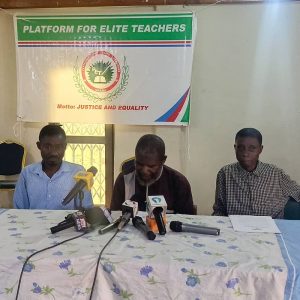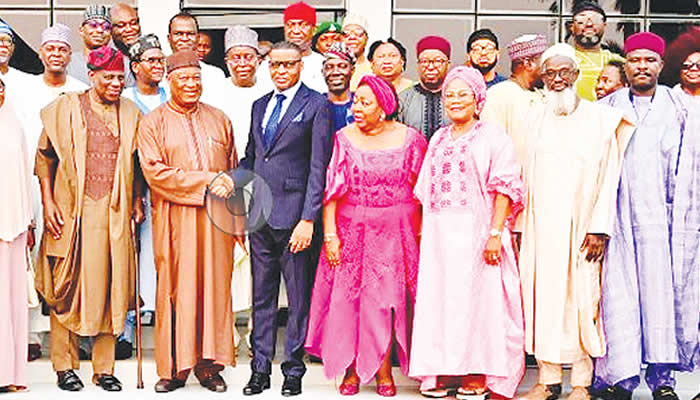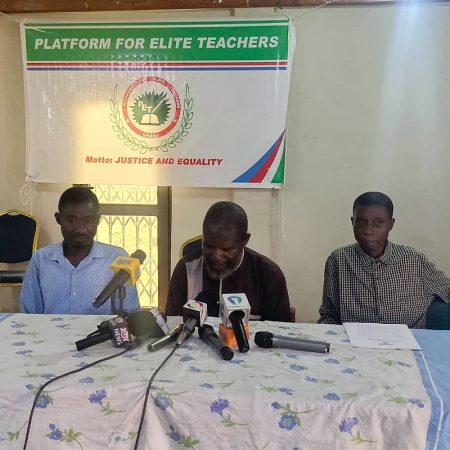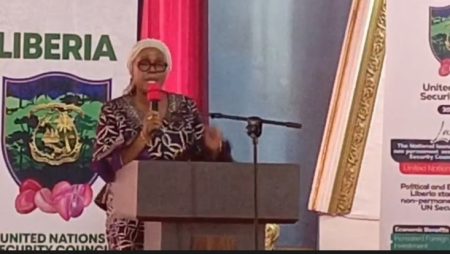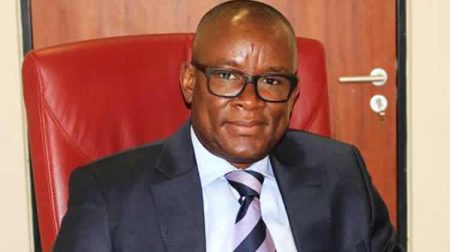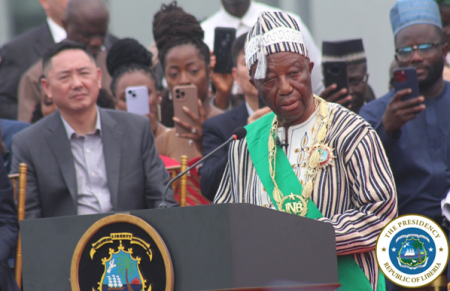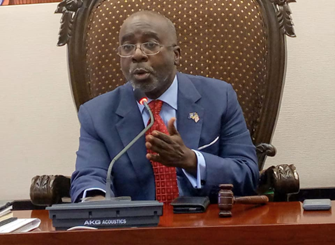Revitalizing Nigeria’s Polytechnic Education: A Collaborative Effort for National Development
Nigeria’s polytechnic education system is undergoing a significant transformation, driven by President Bola Ahmed Tinubu’s commitment to revitalizing this crucial sector. The President’s strategic appointments of experienced and diverse individuals to lead the governing councils of federal polytechnics underscore the government’s seriousness about implementing meaningful educational reforms. This renewed focus on technical education aims to equip Nigerian youth with the essential skills needed to drive national development and contribute meaningfully to the nation’s economic growth. The collaborative efforts between the federal government and state governments, such as Cross River State, demonstrate a shared vision for strengthening technical education and fostering innovation across the country.
Governor Bassey Otu of Cross River State has commended President Tinubu’s decisive actions and expressed optimism about the positive impact these reforms will have on Nigeria’s future. Governor Otu, speaking through his deputy, Rt. Hon. Peter Odey, emphasized the importance of adequate funding for upgrading facilities and providing students with the necessary technical skills. He reiterated his administration’s commitment to aligning with the federal government’s vision and highlighted ongoing efforts in Cross River State to promote technical education and skills development. These initiatives serve as a model for other states to emulate, fostering a nationwide movement towards enhanced technical training.
The Committee of Chairmen of Governing Councils of Federal Polytechnics, led by Senator Barnabas Gemade, convened a strategic retreat in Calabar, Cross River State, to deliberate on the key challenges facing polytechnics and formulate practical solutions. Senator Gemade praised Governor Otu’s leadership and the state’s commitment to educational advancement. He emphasized the crucial role of technical education in driving economic growth, asserting that no nation can progress without a well-equipped and technically skilled workforce. The committee’s diverse composition, including former senators, governors, professors, technocrats, and young innovators, reflects a comprehensive approach to addressing the complex issues within the polytechnic system.
The four-day retreat served as a platform for in-depth discussions and brainstorming sessions focused on developing a strategic roadmap for polytechnic reforms. The committee’s deliberations culminated in a comprehensive communiqué outlining policy recommendations for the federal government. These recommendations encompass a range of critical areas, including industrialization, skills development, and infrastructural improvements across polytechnics. The goal is to ensure that technical education plays a pivotal role in Nigeria’s economic transformation and positions the nation for sustainable growth and development.
The strategic communiqué emphasizes the need for increased investment in polytechnic education to upgrade facilities, enhance curricula, and attract qualified instructors. It also calls for stronger partnerships between polytechnics and industries to ensure that training programs align with the needs of the labor market. Furthermore, the committee recommends the establishment of a national framework for quality assurance and accreditation to maintain high standards across all polytechnics. By implementing these recommendations, the federal government aims to create a robust and dynamic technical education system that empowers Nigerian youth with the skills they need to thrive in the 21st-century economy.
The visit by the Committee of Chairmen of Governing Councils of Federal Polytechnics reinforces Cross River State’s growing reputation as a hub for national educational reforms, particularly in the area of technical and vocational training. Governor Otu’s administration has prioritized expanding opportunities for technical education and ensuring that young Nigerians acquire the skills necessary for innovation and industrialization. This commitment aligns with the broader national agenda of transforming Nigeria into a knowledge-based economy driven by a skilled and adaptable workforce. The collaborative efforts between the federal government and state governments like Cross River State signify a shared dedication to revitalizing the polytechnic education system and empowering the next generation of Nigerian innovators and entrepreneurs.


